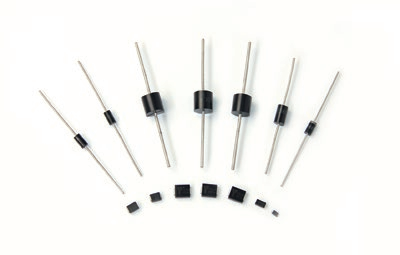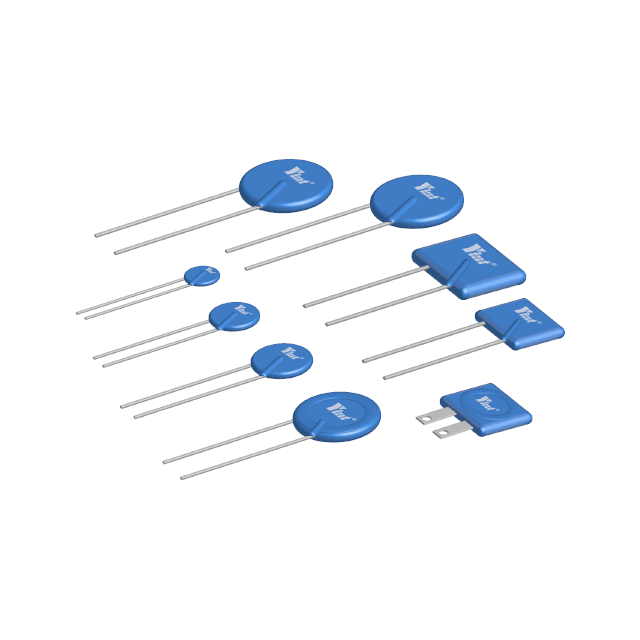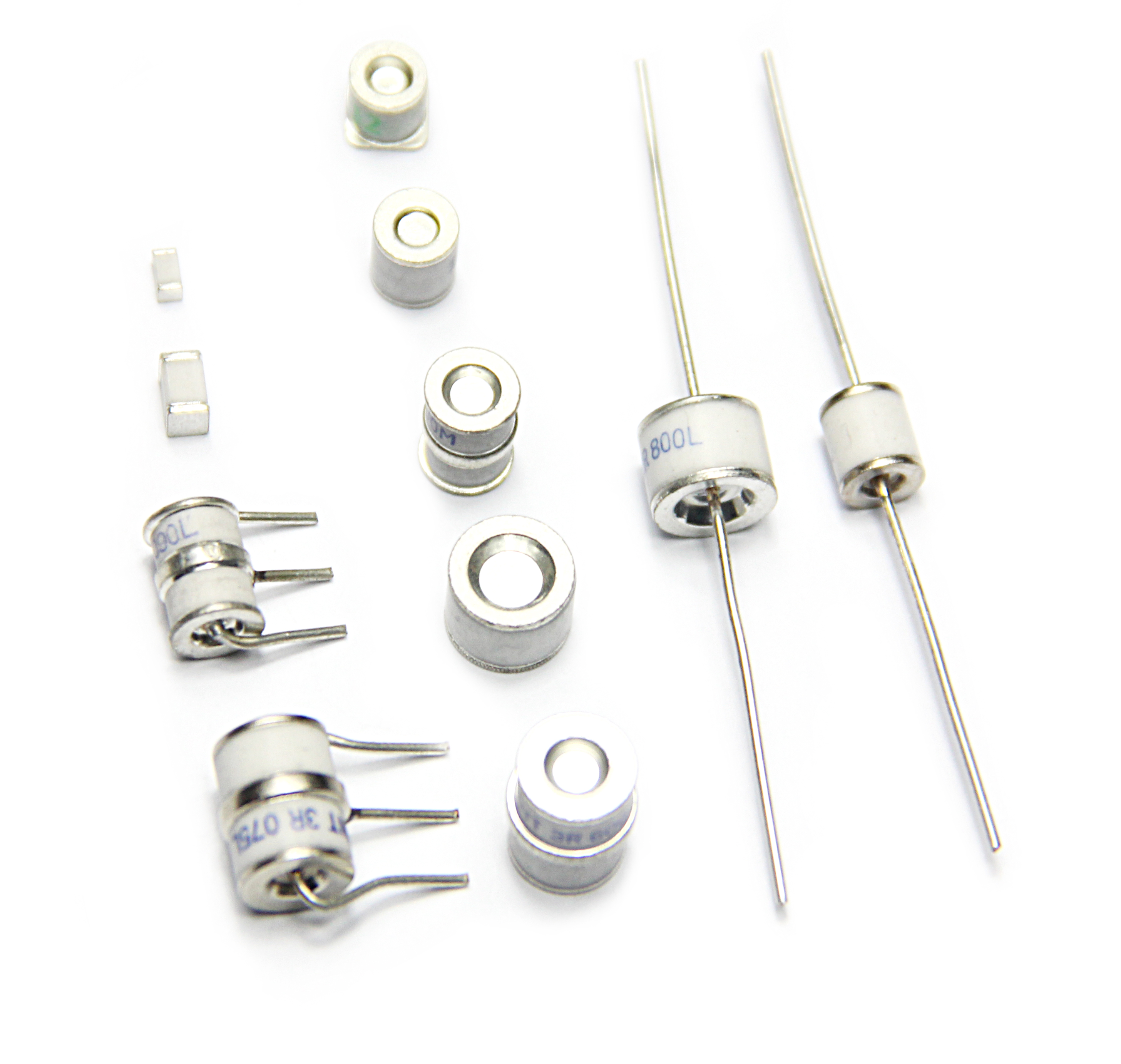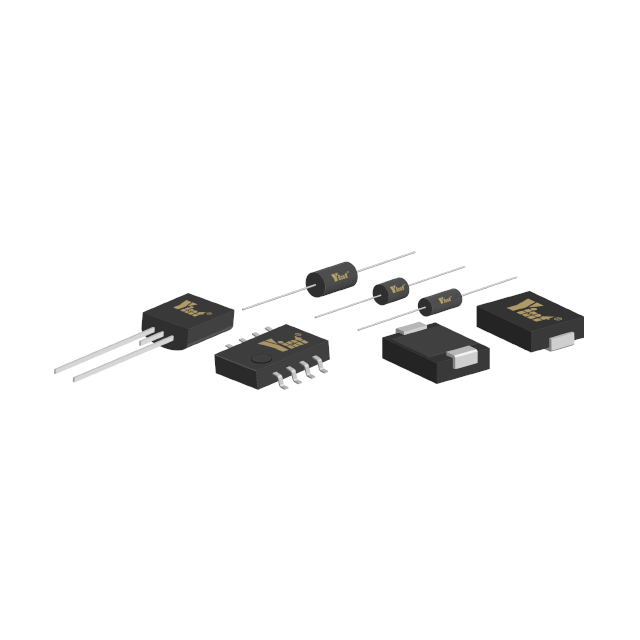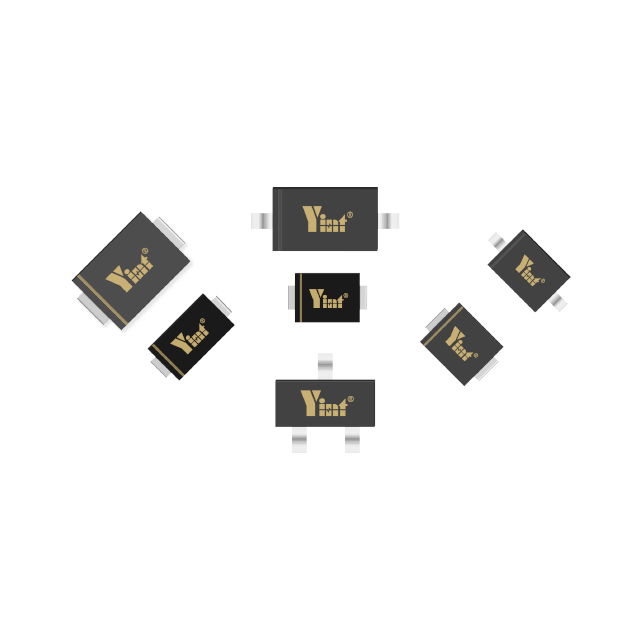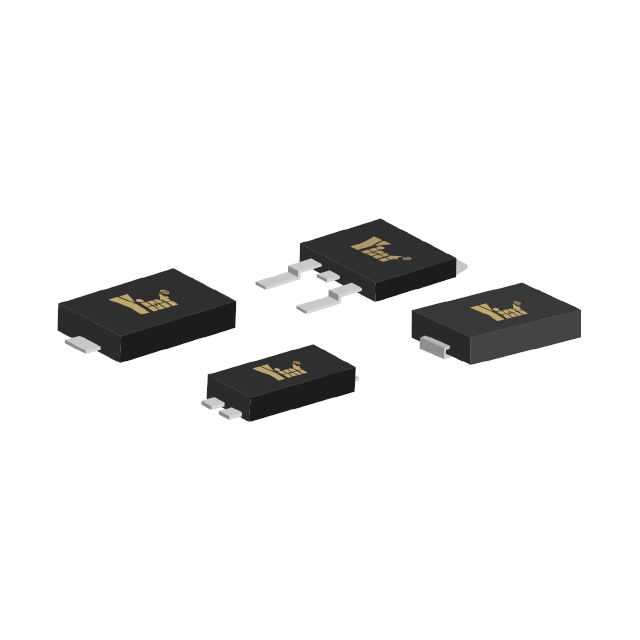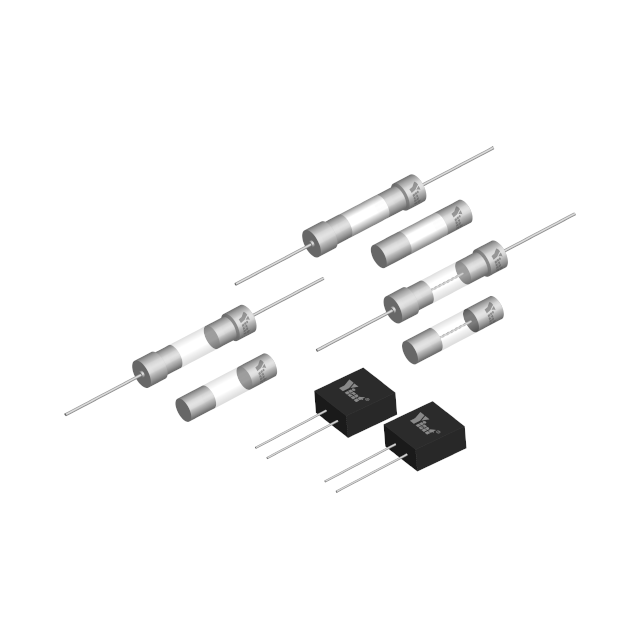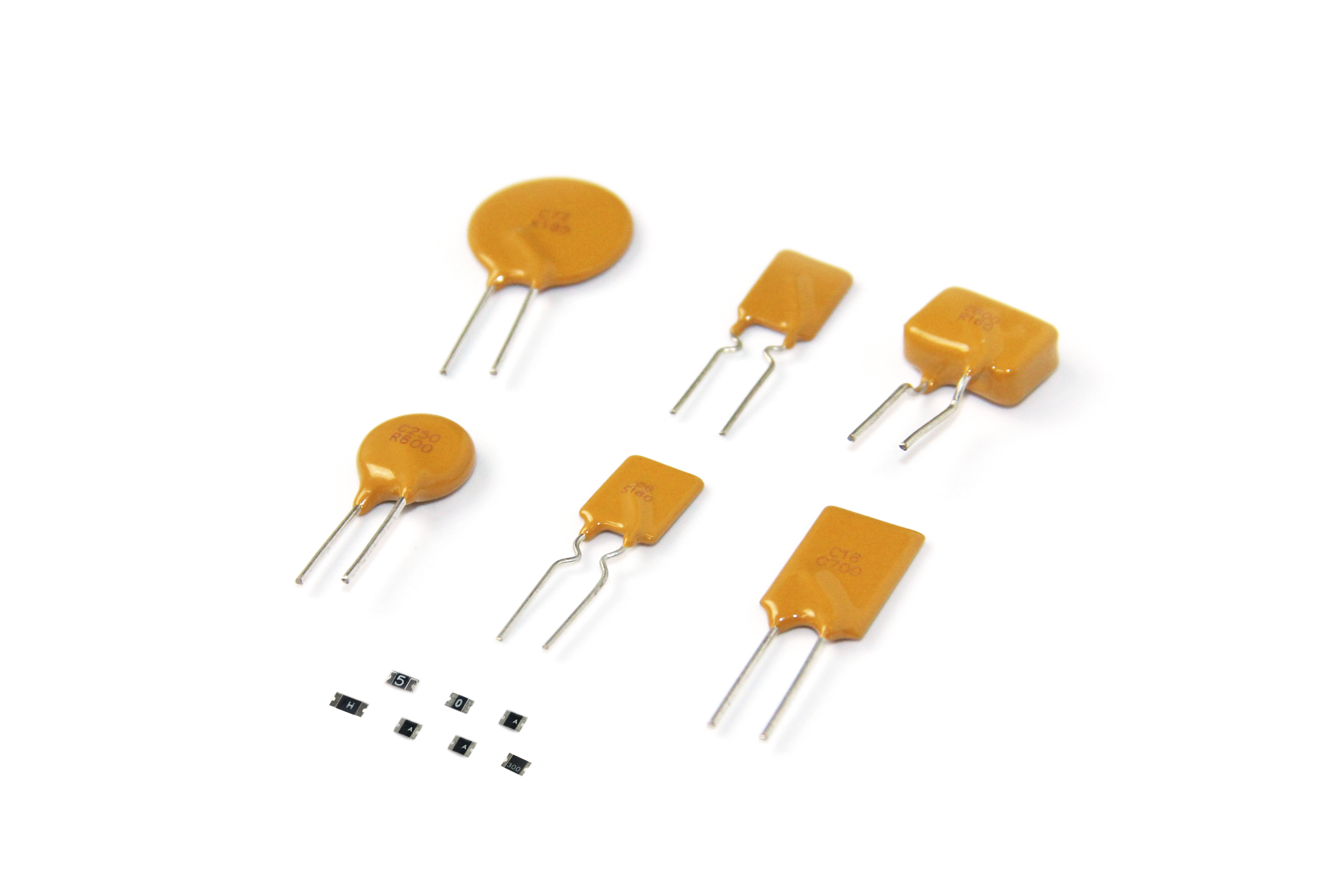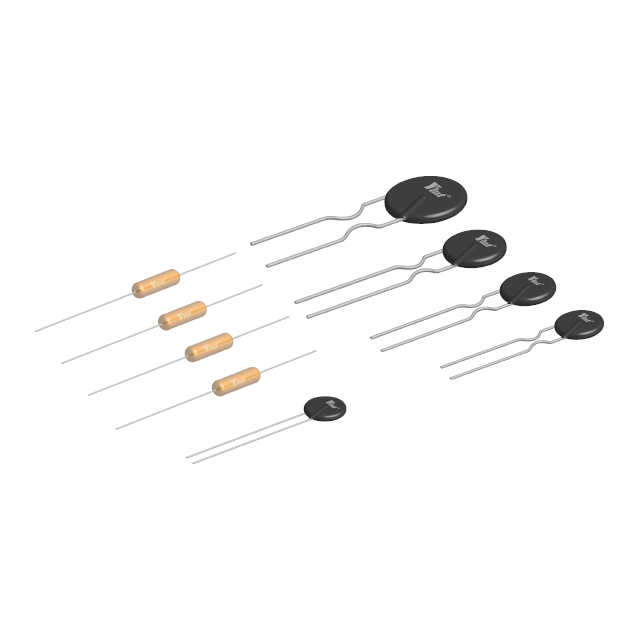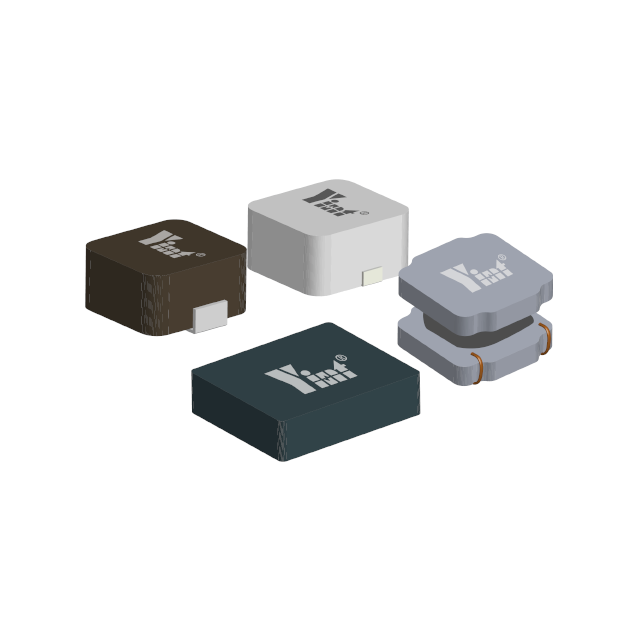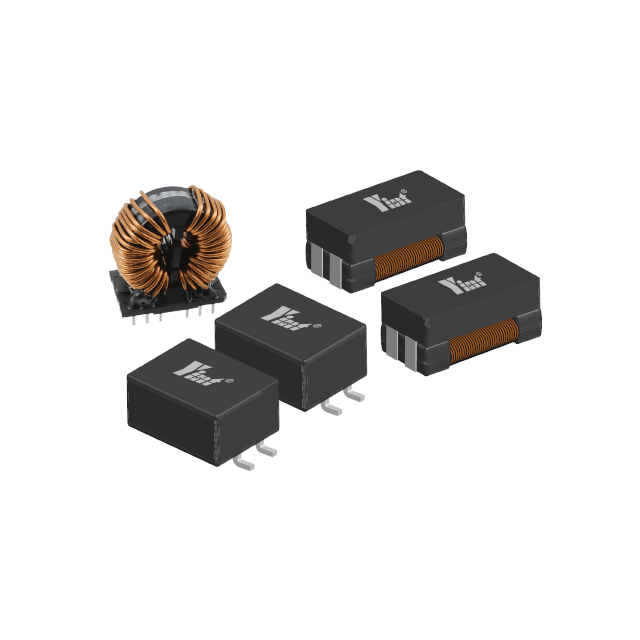In the world of electronics, inductors are fundamental components that play a crucial role in managing electrical energy and ensuring the efficient operation of circuits. As a key product from Yint Electronics, inductors are at the heart of many industries, including renewable energy, smart grids, consumer electronics, and industrial automation. With over a decade of expertise in power device manufacturing and solutions, we at Yint Electronics are committed to delivering top-notch inductors that enhance the performance and energy efficiency of your devices. This article dives into the science behind inductors, the magnetic fields that drive them, and why they are indispensable for modern technology.
The Science of Magnetic Fields in Inductors
At their core, inductors are components that store energy in the form of a magnetic field. When an electric current flows through an inductor, it creates a magnetic field around the coil. This magnetic field serves to resist changes in current, a phenomenon that plays a vital role in many electronic applications. The energy stored in the magnetic field can be released back into the circuit when needed, providing stability and smooth operation.
Inductors are found in almost every type of electrical device that uses electricity to perform work. From simple voltage regulators to complex power supplies, the inductor serves to ensure efficient power conversion, filtering, and even energy storage.
Electromagnetic Induction and Lenz’s Law
The behavior of inductors is governed by the principle of electromagnetic induction, which was first discovered by Michael Faraday. When the current flowing through an inductor changes, it induces a voltage (or electromotive force) in the opposite direction, according to Faraday's Law. This phenomenon is a direct consequence of Lenz’s Law, which states that the induced voltage will always oppose the change in current that caused it. This characteristic of inductors is what makes them so effective at filtering signals, controlling power, and regulating voltage in electronic circuits.
Inductors essentially store energy in the magnetic field that surrounds them. This storage and release process helps smooth out fluctuations in current, thereby maintaining the stability of a circuit. Without inductors, many modern electronic devices would experience power instability, noise interference, and inefficiency.
Factors Affecting Magnetic Field Strength in Inductors
The strength of the magnetic field generated by an inductor depends on several key factors:
Number of Turns in the Coil: The more turns of wire the inductor has, the stronger the magnetic field it can generate. This is why inductors are often wound in coils to maximize the magnetic field strength.
Core Material: Inductors can be made with a variety of core materials, such as iron or ferrite, which influence the efficiency of the magnetic field. Materials with high magnetic permeability enhance the field's strength, enabling the inductor to store more energy.
Current Flowing Through the Coil: The greater the current, the stronger the magnetic field will be. In high-power applications, inductors are designed to handle large amounts of current while maintaining efficiency and performance.
Inductor Geometry: The shape and size of the coil also play a role in how effectively it can store energy in the magnetic field. By altering the geometry of the inductor, engineers can tailor the component to fit specific needs, whether for high-frequency applications or high-power systems.
Key Inductor Technologies
Inductors come in various types and designs to suit different applications. Two of the most common types are surface-mount inductors and through-hole inductors.
Surface-Mount vs. Through-Hole Inductors
Surface-mount inductors are small and compact, making them ideal for modern, high-density electronic devices where space is limited. These inductors can be placed directly onto the surface of a circuit board, offering efficient manufacturing processes and improving device performance in smaller devices such as smartphones, laptops, and wearables. The miniaturization of these inductors does not come at the cost of their effectiveness, as advanced materials and design innovations allow for high inductance values in small packages.
On the other hand, through-hole inductors are larger and are typically used in power applications that require higher current handling capabilities. These inductors have leads that go through the circuit board, providing enhanced stability and mechanical strength, making them ideal for applications in industrial control systems, power supplies, and automotive electronics. Through-hole inductors are commonly found in applications where reliability and performance under heavy loads are critical.
Performance Comparison of PWR, PMS, and CML Series Inductors
Yint Electronics offers a wide range of inductors to meet the demands of various industries. Our PWR, PMS, and CML series inductors are designed to provide superior performance in different applications.
PWR Series Inductors are optimized for high-power applications, providing excellent energy storage capabilities and minimizing power loss in power supplies, DC-DC converters, and inverters. These inductors excel in providing stability in high-power environments, where energy efficiency is crucial for minimizing operational costs.
PMS Series Inductors are engineered for precision and high-frequency applications, offering low resistance and high inductance for enhanced signal integrity in communications, automotive, and industrial systems. These inductors are designed to handle fast switching frequencies, ensuring that signals remain clear and reliable.
CML Series Inductors are ideal for high-performance consumer electronics, offering compact designs and superior efficiency in devices such as smartphones, tablets, and audio equipment. Their small size and high inductance make them perfect for use in modern devices where space is at a premium.
These series are built with advanced technology to deliver robust performance, long lifespan, and energy efficiency, making them the go-to choice for electronics manufacturers worldwide.
How Inductors Enhance Energy Efficiency
Inductors play a crucial role in reducing energy loss and enhancing the efficiency of electronic circuits. By storing energy in their magnetic fields and releasing it when needed, they help smooth out the power supply and reduce fluctuations that can lead to inefficiencies.
Reducing Power Loss in Electronic Circuits
Inductors are effective at managing power in circuits by reducing unnecessary losses. In power supplies, for instance, they help smooth the output voltage by filtering out high-frequency noise and preventing power spikes. This ensures a more stable and reliable power supply for sensitive electronic components, ultimately improving the longevity and performance of the devices. Without inductors, devices may experience frequent power interruptions, leading to a reduction in their lifespan.
Inductors also help prevent energy loss through heat by ensuring that electrical current is efficiently transferred throughout a circuit. This is particularly important in systems that require high power output, such as electric vehicles and renewable energy systems. By maintaining energy efficiency, inductors contribute to reducing the overall energy consumption of a device, leading to lower operating costs.
Enhancing Efficiency in High-Frequency Applications
In high-frequency applications such as communications and data transmission, inductors help maintain signal integrity by filtering out unwanted signals and reducing interference. This is essential for ensuring that signals are transmitted clearly and without distortion, which is particularly important in applications such as wireless communication, RF (radio frequency) systems, and broadband networks.
Inductors are also used in radio frequency (RF) circuits to match impedances, ensuring that the signal remains strong and stable throughout its transmission. In high-frequency power supplies, they also serve to regulate voltage and prevent distortion, enabling more efficient power conversion and reducing losses associated with high-frequency switching.
Industry-Specific Applications of Inductors
Inductors have a broad range of applications across various industries, playing a crucial role in powering the technologies that drive the modern world.
Renewable Energy and Smart Grid Applications
Inductors are vital components in renewable energy systems, including solar inverters, wind turbines, and energy storage devices. They help manage the flow of electricity, store energy efficiently, and ensure that renewable energy is converted into a usable form for homes, businesses, and the grid. In smart grids, inductors are used to regulate power distribution and optimize energy flow across the network, helping reduce energy waste and improve the overall efficiency of the system.
Inductors help stabilize voltage in renewable energy systems, ensuring that the energy output remains consistent despite fluctuations in weather conditions. This enhances the reliability of renewable energy sources, contributing to a more sustainable and energy-efficient future.
Consumer Electronics and Industrial Automation
In consumer electronics, inductors are used in power supplies, voltage regulators, and noise filters to enhance the performance and durability of devices like smartphones, televisions, and computers. These devices rely on inductors to maintain stable power inputs and outputs, reducing the risk of power-related malfunctions.
In industrial automation, inductors are employed in motor control systems, robotics, and sensor networks, helping to regulate power, reduce electrical noise, and ensure precise operation in automated manufacturing processes. The efficiency provided by inductors leads to smoother operations and better performance of industrial systems.
Conclusion
Inductors are essential for modern electronics, playing a vital role in energy storage, signal filtering, and power regulation. Whether in renewable energy systems, consumer electronics, or industrial automation, inductors help optimize performance, reduce power loss, and enhance energy efficiency. At Yint Electronics, we are committed to providing high-quality inductors that meet the needs of diverse industries, ensuring that our products contribute to the success of your electronic designs.

